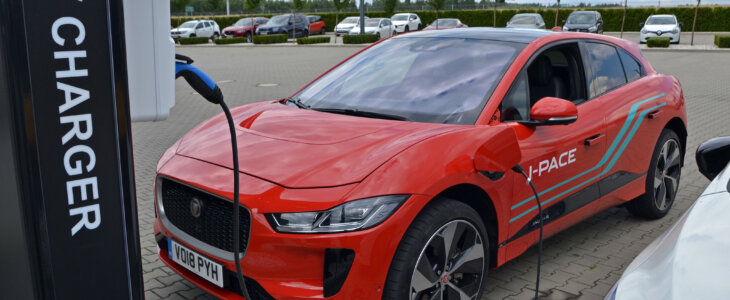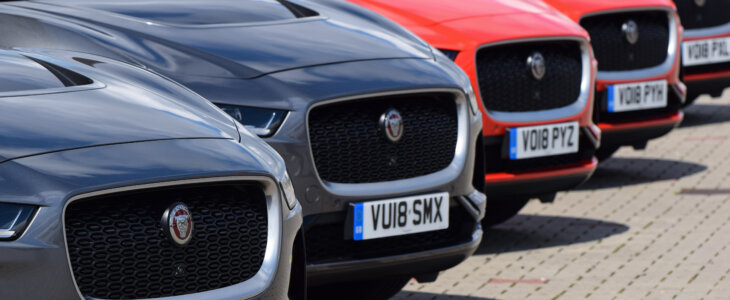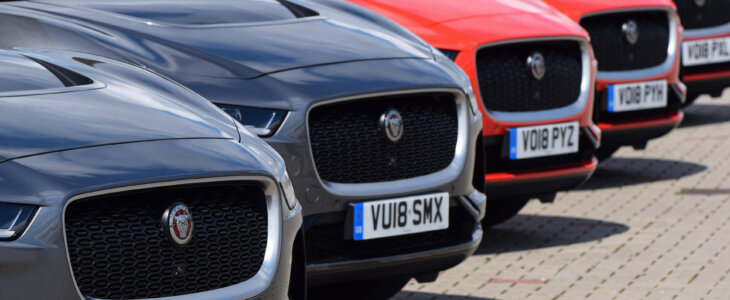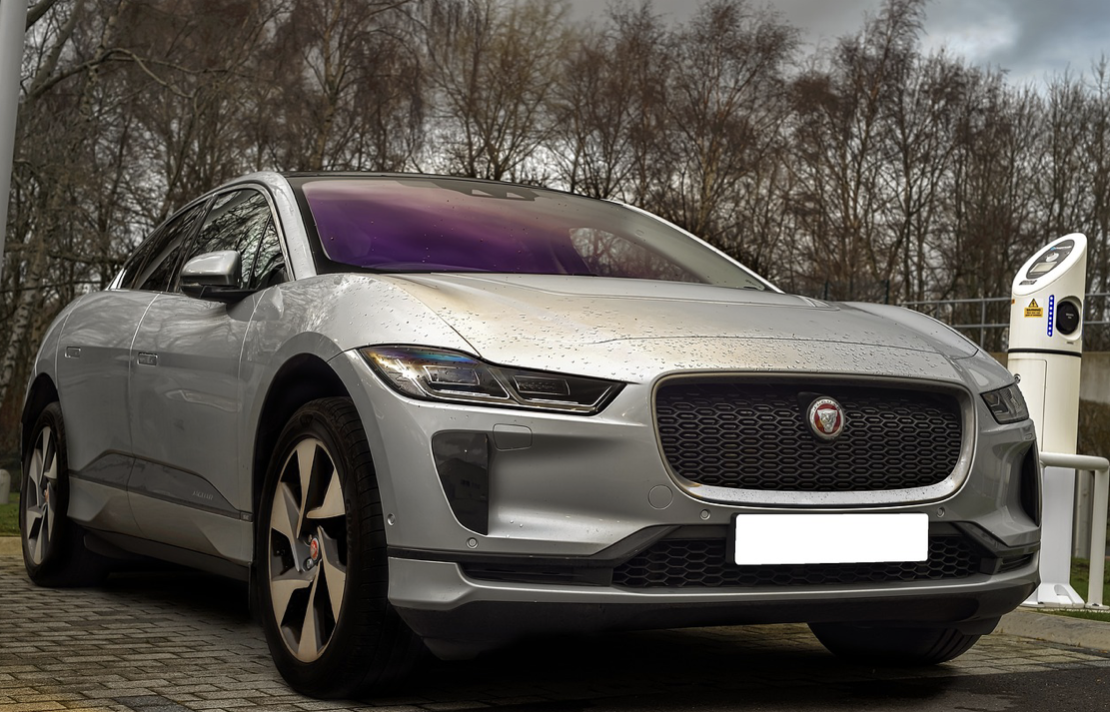History Behind the Recall
Jaguar Land Rover (JLR) has issued a safety recall affecting certain 2020–2023 Jaguar I-PACE electric vehicles due to a malfunctioning High Voltage Coolant Heater (HVCH). The defect, discovered through JLR’s field reporting process and internal investigations starting in April 2022, can prevent the coolant from heating and may result in the windshield not defrosting properly. Vehicles without a heated windshield are particularly vulnerable, as the inability to defrost can impair the driver’s vision and increase the risk of an accident.
The National Highway Traffic Safety Administration (NHTSA) assigned this recall number: 23V-518. JLR has confirmed no known accidents, injuries, or fires related to this defect, but it has received numerous field reports and complaints indicating the issue.
Which Models Are Affected?
This recall applies to specific 2020–2023 Jaguar I-PACE models without heated front windshields. The affected vehicles fall within the following VIN range:
- SADHA2A17L1602528 to SADHW2S19P1622205
Only vehicles within this VIN range and without heated windshields are included. No other Jaguar Land Rover models are impacted.
What Owners Need To Do Next
Owners will receive notification letters and are urged to schedule an appointment with their authorized Jaguar retailer. The repair involves replacing the High Voltage Coolant Heater. The fix is expected to take approximately six hours and will be performed free of charge.
Until repairs are completed, JLR recommends that drivers check for warm air from vents before driving and ensure their windshield is fully defrosted, especially in cold weather. For additional support or to check if your vehicle is affected, owners can contact Jaguar customer service or visit the Jaguar recall lookup tool.
- Jaguar Customer Service: 1-800-452-4827
- Recall Reference Number: H448
- NHTSA Recall Number: 23V-518
How Jaguar Owners Can Take Back Control
While these recalls have been communicated to owners, many continue to be unhappy with the solutions provided by automakers. These problems have the potential to escalate into further action, underlining the importance of protecting consumer rights.
If you struggle with vehicle troubles and feel cornered against big vehicle brands, remember it is always better to have experts with you. With extensive experience and successful cases at hand, The Lemon Firm is your best bet. With dedicated team members always at your disposal, the package becomes too good to be true. So, if your car is giving you a headache, don’t hesitate to reach out!
Call 833 Lemon Firm and speak with a case analyst today!




